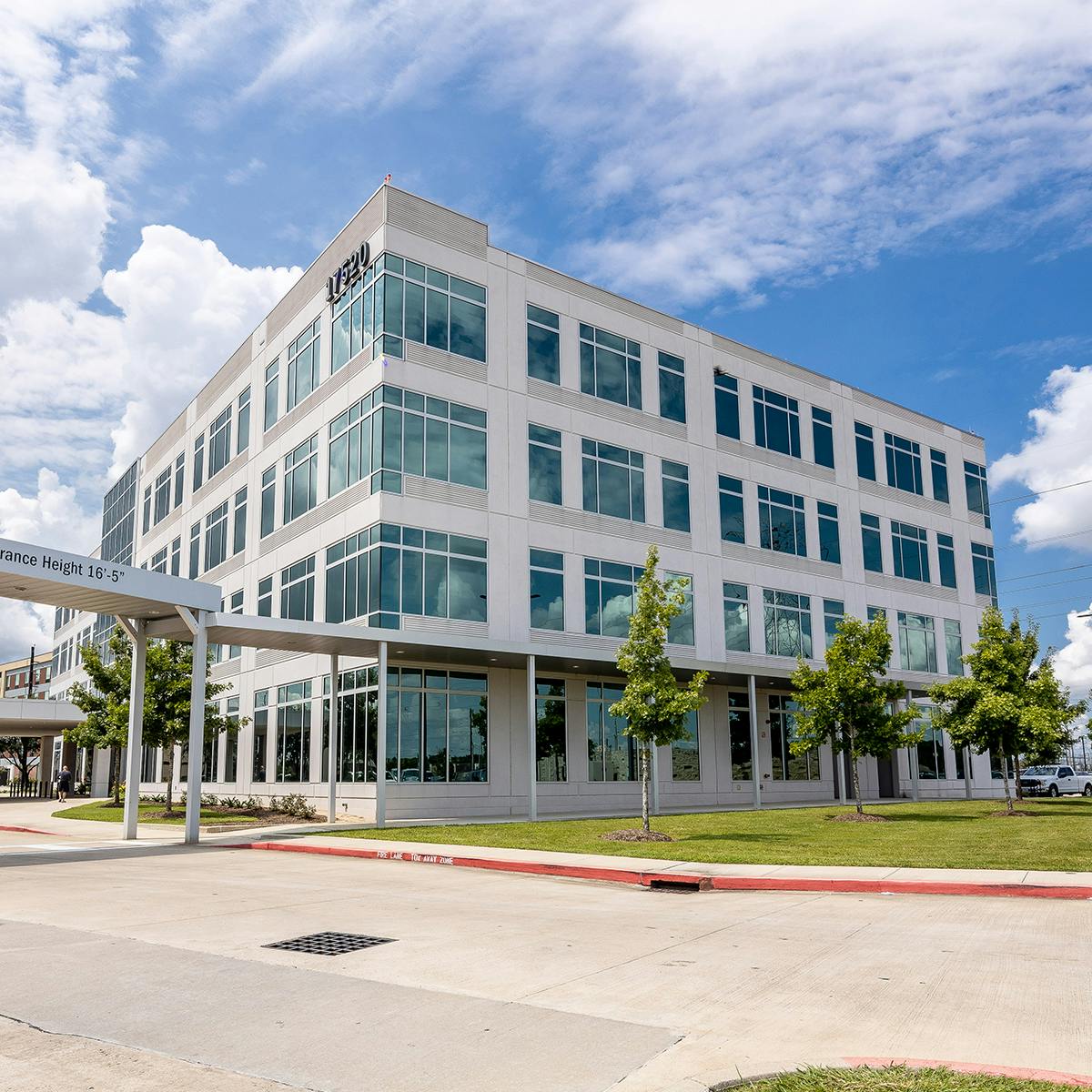Thyroid nodules (a small lump or growth on the thyroid gland in your neck), even when benign, can become large enough to cause problems. Noticeable symptoms include difficulty swallowing or breathing, a persistent cough, and hoarseness.
Your Procedure: What to Expect
RFA effectively reduces the size of thyroid nodules by using a safe, alternating electric current that disrupts tissue ions as they follow the current, generating frictional heat around the electrode. This heat specifically targets and destroys the unwanted tissue.
About 30 minutes before the procedure, you will be administered a low-dose sedative to help you feel relaxed and calm. A local anesthetic will also be applied to the treatment area around the thyroid gland to ensure your comfort. Typically, you can expect to go home about 30 to 45 minutes after the procedure. Any discomfort afterward can usually be managed easily with over-the-counter pain relievers.
Aside from avoiding heavy lifting for the day, there are no significant restrictions following the procedure. Patients can generally resume their normal activities on the same day, making RFA a convenient option for treatment.





